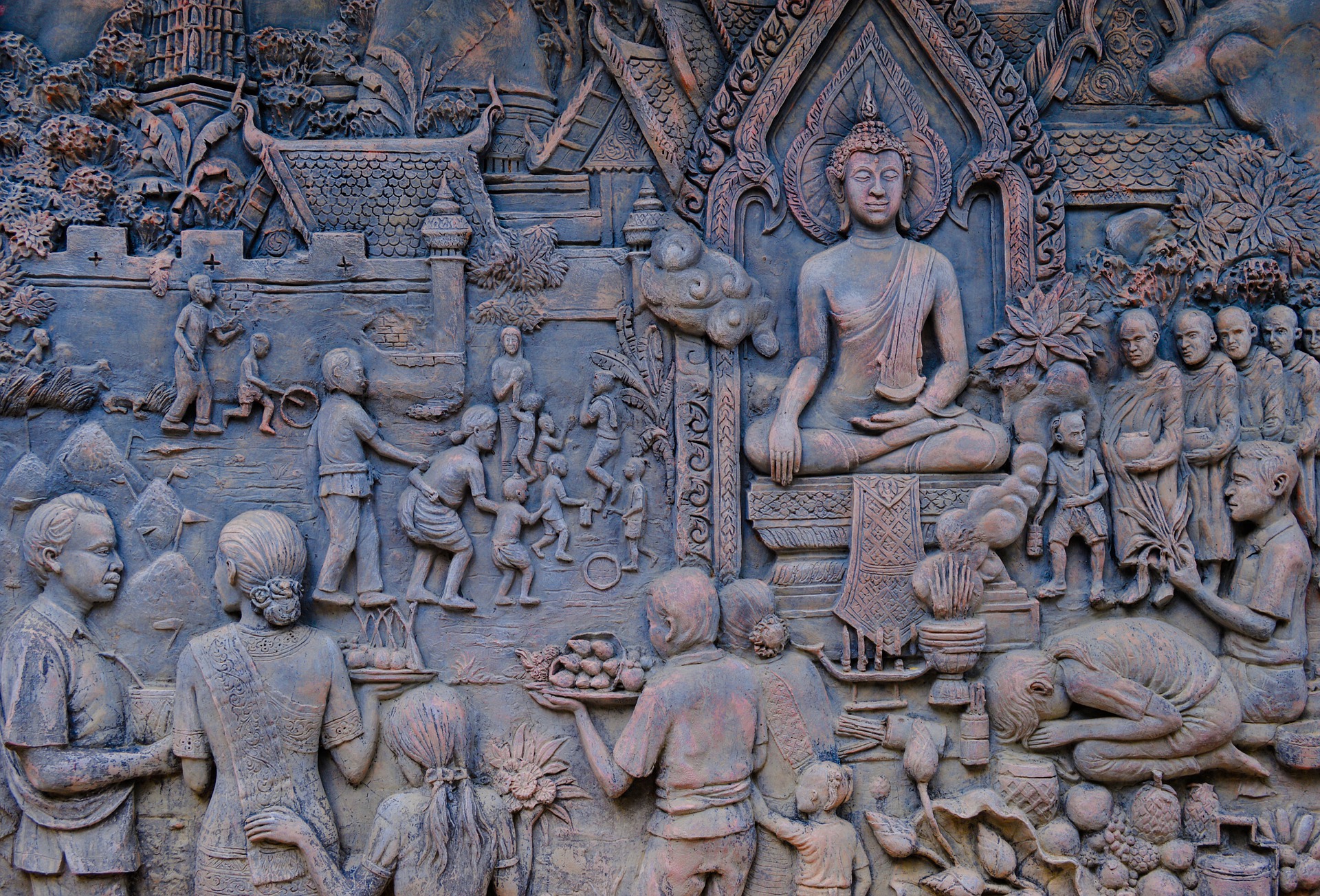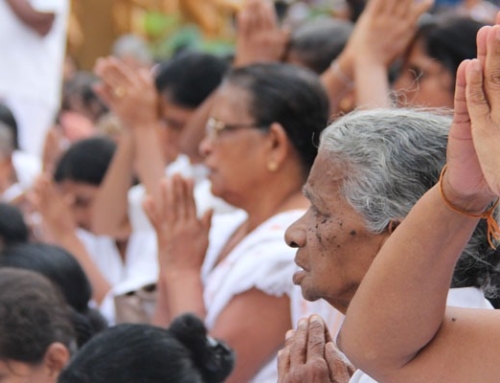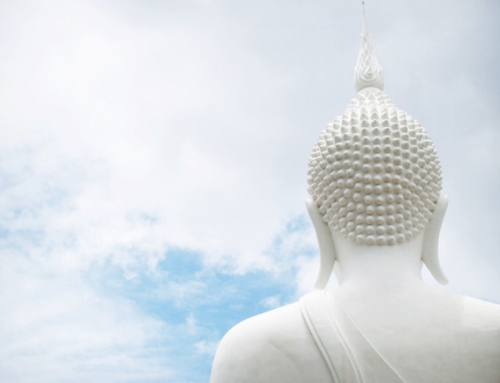Excerpt from www.mahamevnawabm.org
The Buddha taught us that ethics is the foundation for all of the good qualities we can develop in the mind. By following five basic training rules we can eliminate worry and regret that disturbs our meditation. As well, we avoid all the unpleasant results of unwholesome actions.
These are the five basic ethical rules the Buddha asked his lay disciples to follow:
- I observe the precept of abstaining from killing living beings. This means not intentionally causing the death of any living beings.
- I observe the precept of abstaining from stealing. This means not taking things that do not belong to us.
- I observe the precept of abstaining from sexual misconduct. This means not having sex with people we are not married to and with people against their will.
- I observe the precept of abstaining from telling lies. This means saying what is true at the proper time.
- I observe the precept of abstaining from using intoxicating drinks and drugs. By following this precept we are committed to having a clear mind at all times.
Buddhists will usually remind themselves of their commitment to keep these precepts by reciting them once a day. The also take the precepts when they come to a monastery.
When we realize we have broken a precept, we can immediately make the determination to follow it in the future. The Buddha taught us that even this intention is extremely powerful for our mental development.
It is important when we have doubts about the precepts to ask a knowledgeable good friend so we can have confidence in our actions. Sometimes we think we have broken a precept when we really haven’t. Sometimes we even think it is impossible to keep the precepts because of some misunderstanding.
Even though it is often difficult to keep the precepts, especially at the beginning, we will quickly see the benefits. When we meditate our minds won’t be troubled by worry and regret. When we think about the many bad results we have avoided by keeping the precepts, we will have a tremendous gratitude for the compassion of our teacher, the Supreme Buddha.
The Buddha called these ethical guidelines “great gifts” because of the immeasurable peace and comfort that following them brings to those people around us.
The Buddha also encouraged his lay disciples to observe some additional precepts as often as they could. They are known as the Eight Precepts.








